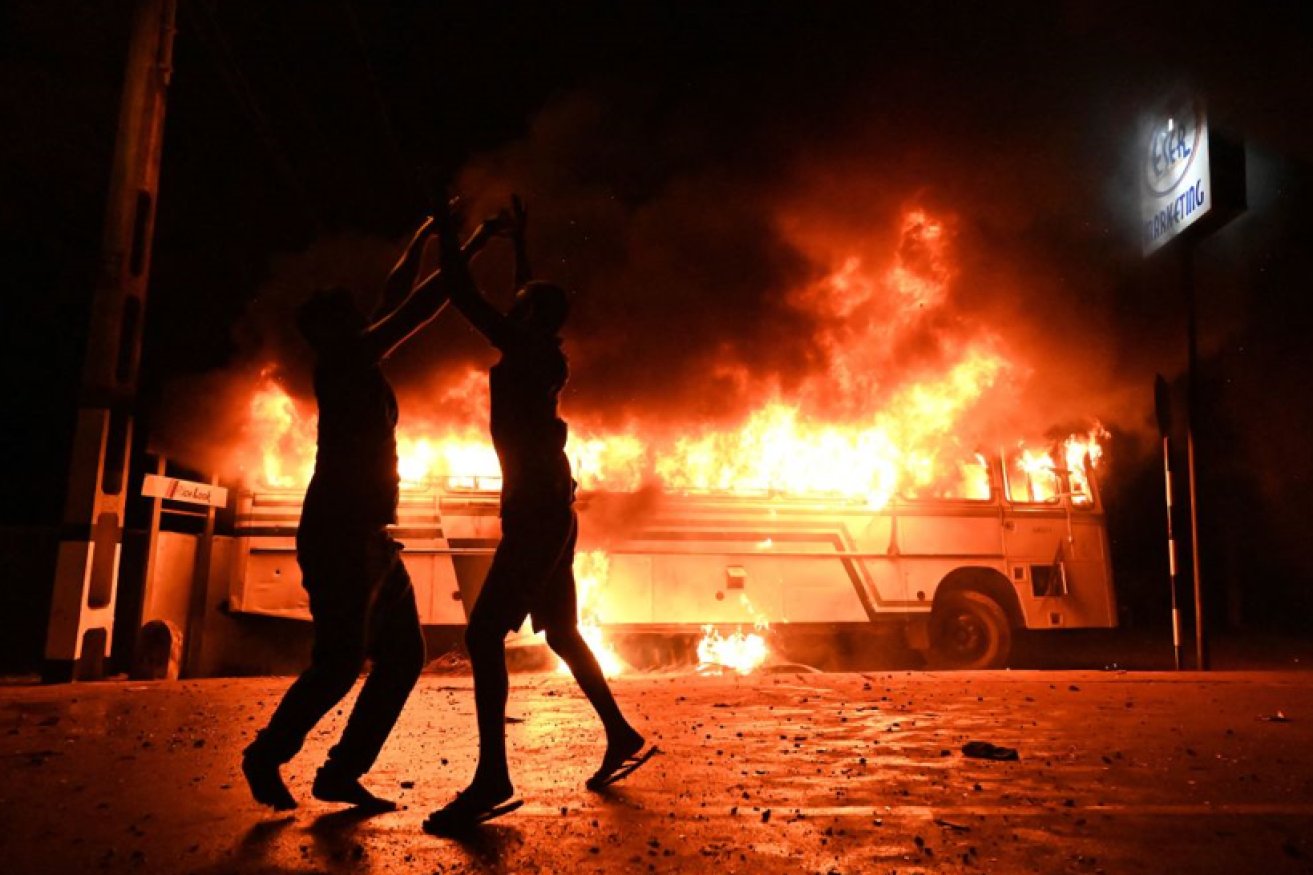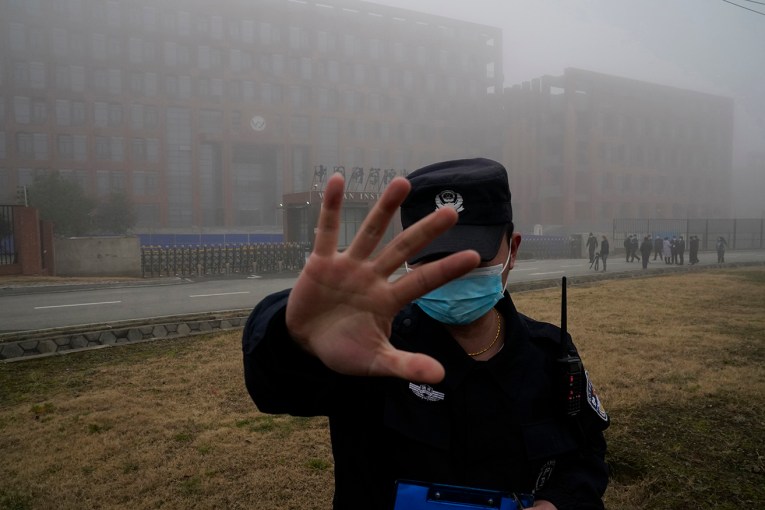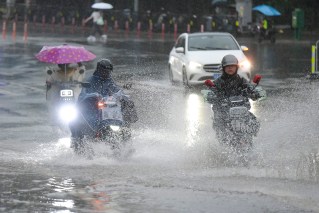Sri Lanka disconnects social media as rioting rages across the country


Rioters dance in Colombo's streets as a bus burns outside the president's palace.Photo: Getty
Sri Lanka has shut down access to most social media platforms in a bid to foil the coordination of angry protests and rioting amid food shortages and an unprecedented economic crisis.
“Real-time network data show Sri Lanka has imposed a nationwide social media blackout, restricting access to platforms including Twitter, Facebook, WhatsApp, YouTube, and Instagram as emergency is declared amid widespread protests,” internet monitoring group NetBlocks tweeted on Sunday.
Angered by shortages of fuel and other essential items, hundreds of protesters on Thursday clashed with police and the military outside President Gotabaya Rajapaksa’s residence as they called for his ouster and torched police and army vehicles.
Police arrested 53 people and then imposed a curfew in and around Colombo on Friday to contain other sporadic protests.
Reacting to the state of emergency, American Ambassador to Sri Lanka Julie Chung said: “Sri Lankans have a right to protest peacefully – essential for democratic expression.”
“I am watching the situation closely, and hope the coming days bring restraint from all sides, as well as much needed economic stability and relief for those suffering,” she tweeted.
Curfews and mass arrests
A senior police officer based in the commercial capital Colombo confirmed the restrictions imposed on social media platforms.
“Social media has also been blocked by the Telecommunications Regulatory Commission,” Nihal Thalduwa, senior superintendent of police, told Reuters.
Mr Thalduwa said 664 people were arrested for breaking curfew rules in the Western Province, the country’s most populous region which includes Colombo.
https://twitter.com/TheNo1Waffler/status/1510388943417655303
“The social media block is temporary and imposed due to special instructions given by the Defence Ministry. It was imposed in the interests of the country and people to maintain calm,” Telecommunications Regulatory Commission chairman Jayantha de Silva told Reuters.
President Rajapaksa had introduced a state of emergency on Friday, raising fears of a crackdown on protests as the country witnesses inflation, shortages of essentials and power cuts.
Emergency powers in the past have allowed the military to arrest and detain suspects without warrants, but the terms of the current powers are not yet clear.
The crisis – the result of economic mismanagement by successive governments – has been compounded by the COVID-19 pandemic, which has hit tourism and remittances.
The government has said it is seeking a bailout from the International Monetary Fund while asking for fresh loans from India and China.
Indian traders have started loading 40,000 tonnes of rice for prompt shipment to Sri Lanka in the first major food aid since Colombo secured a credit line from New Delhi.
-with AAP








